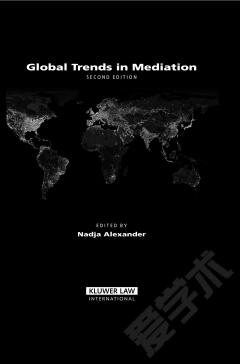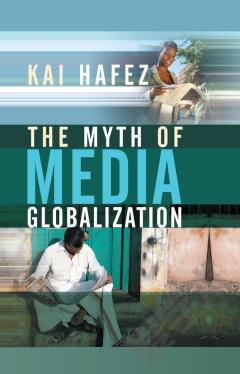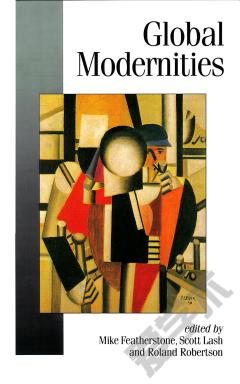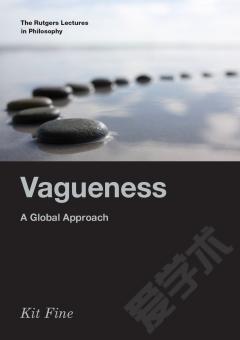Global Trends in Mediation
In its first edition, "Global Trends in Mediation" was the first book to concentrate on mediation from a comparative perspective - reaching beyond the all-too-familiar Anglo-American view - and as such has enjoyed wide practical use among alternative dispute resolution (ADR) practitioners worldwide. This new edition has not only been updated throughout; it has also added two new jurisdictions (France and Quebec) and a very useful comparative table summarising the salient points from each of the fourteen jurisdictional chapters. Each jurisdictional chapter addresses critical structural and process issues in alternative dispute resolution such as the institutionalisation of mediation, mediation case law and legislation, the range and nature of disputes where mediation is utilised, court-related mediation, mediation practice standards, education, training and accreditation of mediators, the role of lawyers in mediation, online dispute resolution and future trends. All the contributors are senior dispute resolution academics or practitioners with vast knowledge and experience of dispute resolution developments in their countries and abroad. The unique value of the book for practitioners resides in (among other things) the following: coverage of both common law and civil law jurisdictions; attention to the diversity of legal cultures and systems on four continents; a richer analysis of mediation models, standards, laws and practices than is available in other publications; and a much wider spectrum of mediation laws and approaches worldwide than is traditional in comparative studies. A comprehensive introductory chapter establishes an international comparative framework for an analysis of the national chapters that follow, synthesising the main themes of the book and analysing global and systemic trends. "Global Trends in Mediation, Second Edition", is an immeasurably valuable resource for dispute resolution practitioners, international lawyers, corporate counsel, policy-makers, and business people. It will also be of interest to academics, students and anyone interested in learning more about the special value of mediation and its processes.
{{comment.content}}




![welt[stadt]raum](/book/cover/605e36fe168e07298e362435.png)



 京公网安备 11010802027623号
京公网安备 11010802027623号